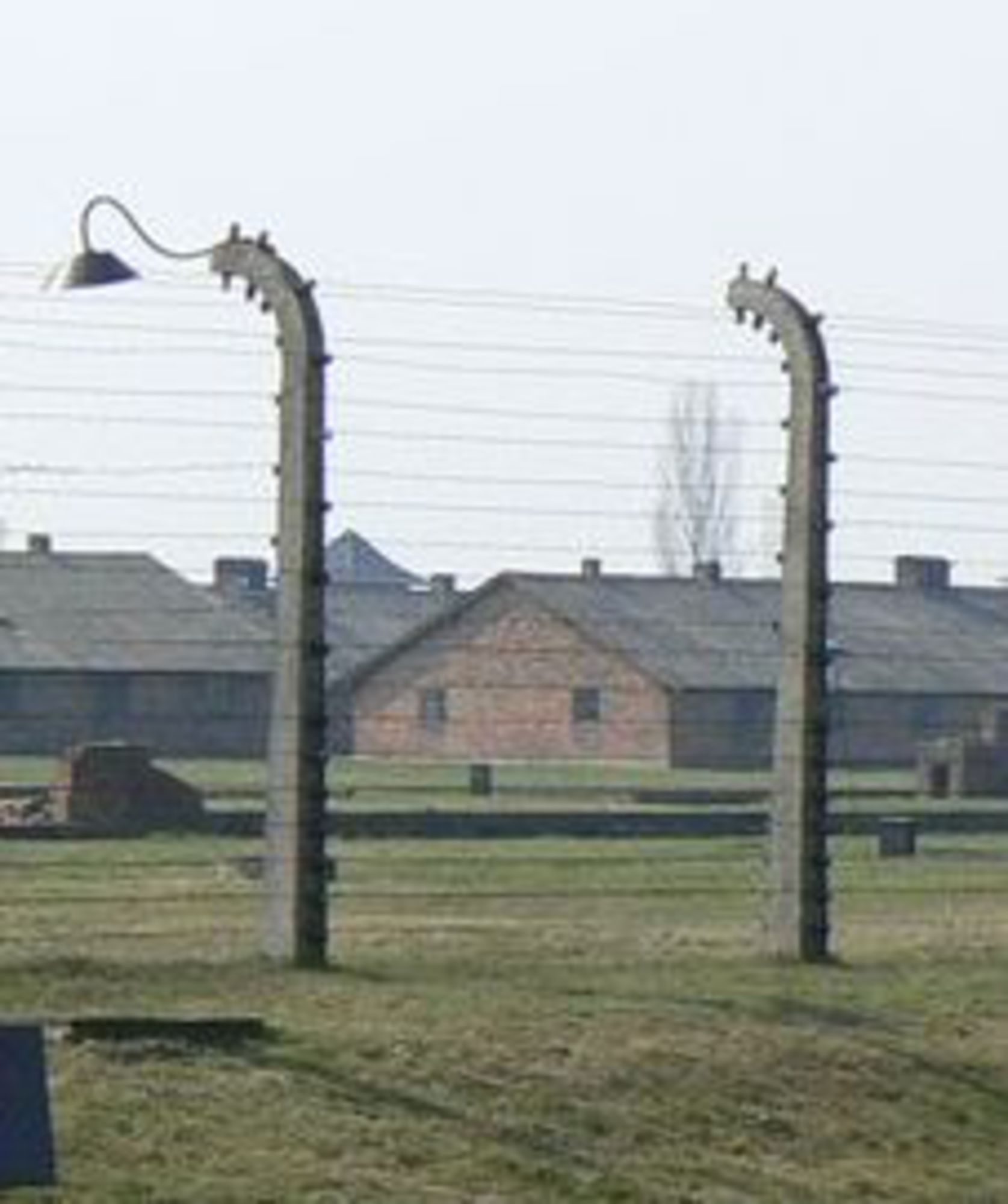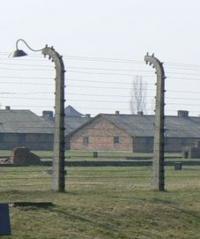As long as the family is together, everything is all right

Download image
Lilly Štěpánová, née Bendová, was born October 29, 1917 in Kozolupy in a Jewish family. The family, which apart from Lilly included her two brothers, later moved to Prague. Her father ran a haberdashery shop. Lilly studied grammar school in the interwar period, but due to the family’s poor financial situation she was not able to complete her studies and she began working in an office instead. Even after the deterioration of the political situation, the family decided to remain in Czechoslovakia. Lilly married just before the declaration of the Protectorate, and she was therefore not included in a transport like the rest of her family. Her parents and brothers were transported to Łódź where they died. Lilly and her husband went to the ghetto in Terezín in 1943. Her husband was deported to Auschwitz in October 1944 and he died in Dachau. Lilly lived to see the end of the war in Terezín. After liberation she lived in Jílové near Děčín, later in Prague and eventually in her native Kozolupy.
